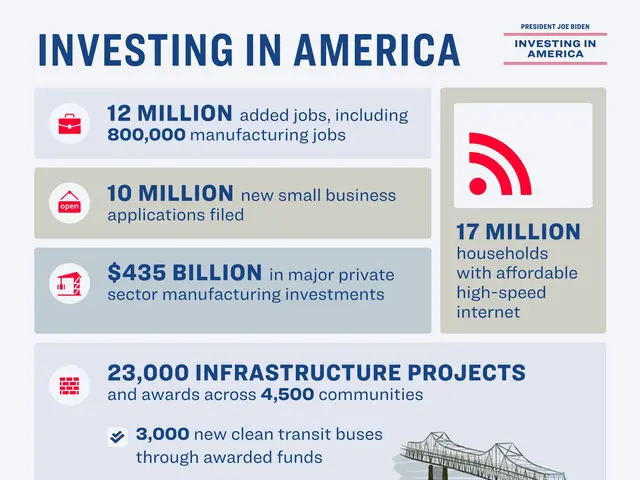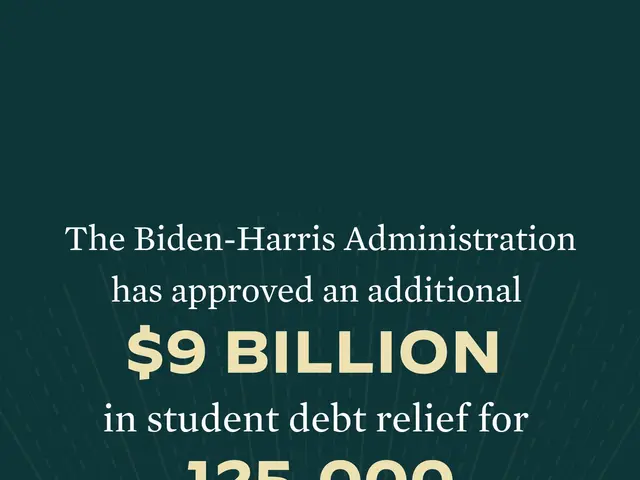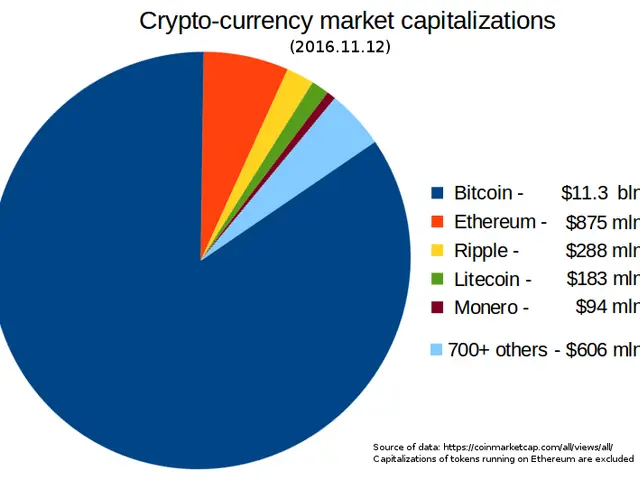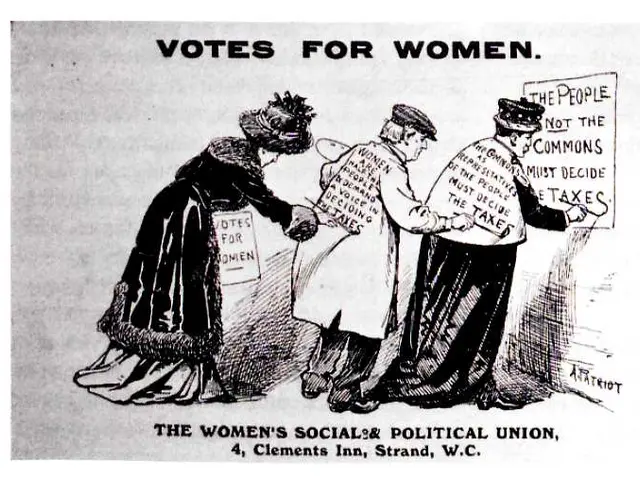U.S.-China trade negotiations face potential adversity, predict experts
Here's a fresh take on the trade tensions between the world's two largest economies:
The Trade Squabble: US vs China
Since President Donald Trump imposed tariffs on China for its alleged role in the fentanyl crisis, trade between the two economic titans has all but stalled. The beefed-up measures, justified by Trump as a means to equalize the trade balance, have resulted in hefty tariffs, soaring up to 145% – with some goods subject to unimaginable duties reaching an astounding 245%.
China retaliated with 125% tariffs on US imports and additional measures targeting American firms. After a month of back-and-forth actions that sent global markets into a nosedive, the powers are set to meet this weekend.
The White House is cautiously optimistic: they aren't expecting a major trade deal addressing Trump's longstanding beef about the trade imbalance with China, but they're hoping for a de-escalation of hostilities. Beijing, on the other hand, has promised to hold firm on their demand for all US tariffs to be lifted, asserting that this demand remains "unchanged."
Beijing's Tactics: More Mature, More Hardline
Compared to their approach during the first part of Trump's presidency, China's response to his tariffs this time has been "more mature." As Dylan Loh, an assistant professor at Singapore's Nanyang Technological University, explained, "There's no wild bluster."
According to analysts, China is in no rush to make a deal. Beijing has several significant advantages – a massive domestic market, control over key technologies, and a near-monopoly on processed rare earth minerals. With an autocratic system that allows it to absorb economic pain more effectively than democracies, China has been able to maintain a hardline stance against Trump's tariffs.
Global Implications: Awaiting a Breath of Fresh Air
With sales of Chinese goods to the US totaling over $500 billion in 2024 (16.4% of the country's exports), and US shipments to China amounting to $143.5 billion, the effects of the trade war have been significant. The sinking of factory activity in April and the nagging question of whether one side holds the "upper hand" suggests that neither party is walking away unscathed.
Beijing and Washington have found out that it's not as simple as fully decoupling. And while both sides seem to recognize that a quick resolution will benefit both economies, analysts predict a lengthy, volatile negotiation process.
On the diplomatic front, both parties have committed to periodic high-level talks aimed at de-escalating tensions and addressing longstanding disputes, but progress has been slow. Some elements from previous trade agreements are partially implemented, but many commitments remain unfulfilled or disputed. The ongoing talks are also intertwined with concerns about technology transfer, intellectual property rights, and national security, making purely economic negotiations even more challenging.
In the meantime, ongoing negotiations with incremental agreements, rather than sweeping deals, seem to be the likely outcome. It remains to be seen whether these talks will lead to a true de-escalation of tensions, but experts across the globe are optimistic about the potential for compromise.
© 2025 AFP
- The ongoing trade tensions between the United States and China have extended beyond just business andfinance, spilling over into politics and general-news. The unresolved trade issues between the two economic superpowers have impacted global markets and threaten to influence diplomatic relations.
- With both the US and China acknowledging the need for periodic talks to ease tensions and resolve lingering disputes, there is hope for progress in various sectors such as technology transfer, intellectual property rights, and national security, beyond just business and finance.





